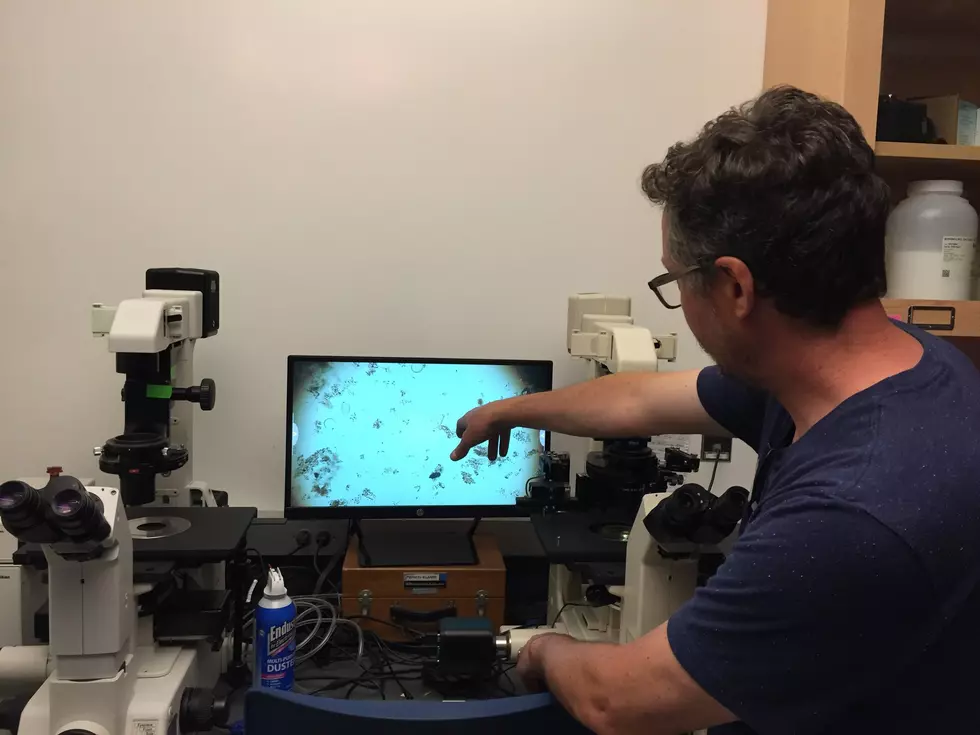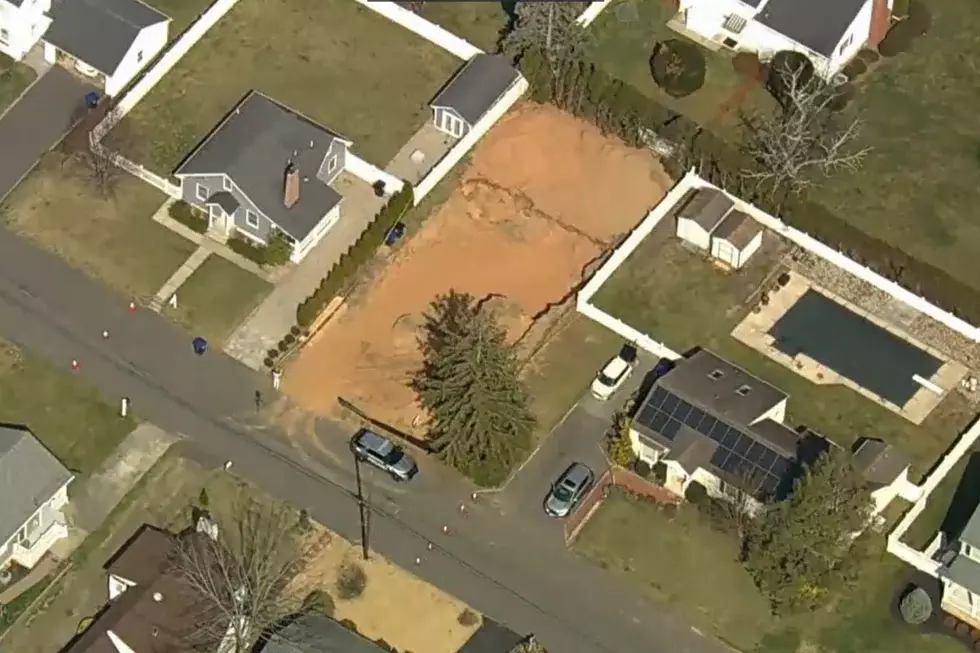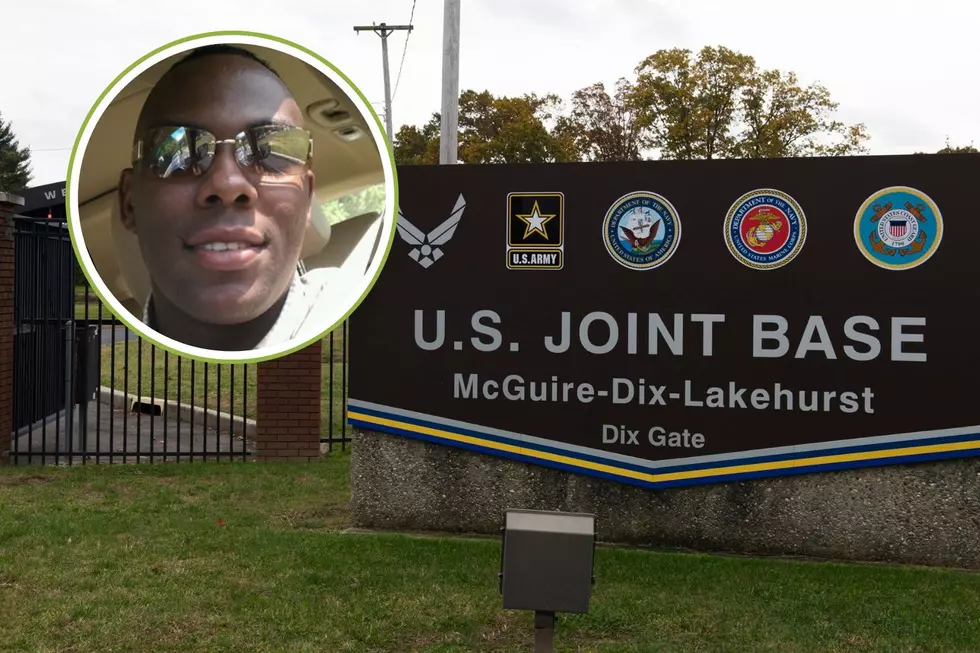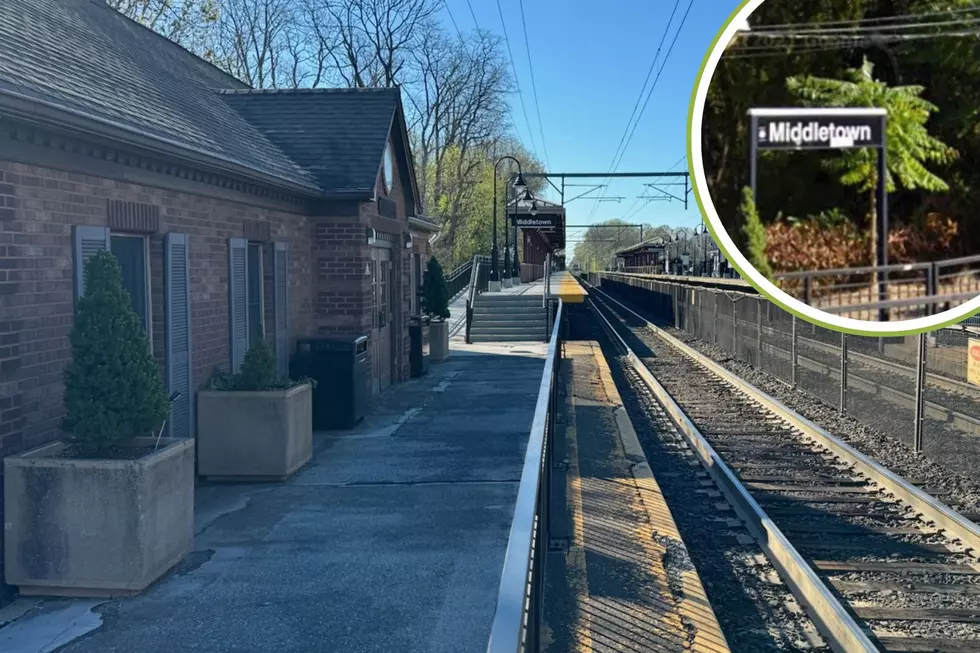
Poor lake quality in Monmouth County — likely a statewide problem
On a four-tier scale that denotes the status of water quality, Monmouth County's 10 coastal lakes fall in the worst possible category, according to data gathering led by Monmouth University that continues today.
Solutions meant to reduce the cloudiness of these water bodies or reduce the presence of harmful algal blooms could take several years to make a difference. But in the meantime, experts, students and so-called citizen scientists are working to keep a close eye on the situation and mitigate immediate impacts on the lakes' surrounding communities.
"The thing about the coastal lakes is that they're small but they're surrounded by big populations," said Jason Adolf, endowed associate professor of marine science at the West Long Branch-based university.
Dozens of individuals in the county have been testing the waters since May 2019 for indicators such as temperature, pH, water transparency and dissolved oxygen. Adolf said the effort is once again entering its "active season," between April and October.
Community volunteers have sampled Lake Takanassee in Long Branch, Sunset Lake in Asbury Park, Deal Lake and Lake Como, among others.
"The biggest finding of this effort so far has been how different the coastal lakes can be from each other, even though there's sometimes less than half a mile between two lakes," Adolf said. “Even though Takanassee is relatively better than the other lakes, in general, we’re dealing with eutrophic to hypereutrophic systems. In terms of pollution and degradation, we’re at the bottom of the scale, which means we can only go up.”
Adolf noted, though, that this is "absolutely not" just a Monmouth County problem.
During a virtual briefing held by the New Jersey Department of Environmental Protection in August, officials said that harmful algal blooms — which pop up with warmer temperatures and nutrient-rich storm runoff — appear to be affecting more parts of the Garden State. The state saw a record number of HABs in 2019.
Ideally, Adolf said, sampling in the county will continue for "many, many years." The work so far has been made possible through a grant from the Jules L. Plangere, Jr. Family Foundation.
"The longer it runs, the more valuable it is," Adolf said. "Imagine if we had coastal lake data from 30 years ago that we would could compare this year's measurements to."
Contact reporter Dino Flammia at dino.flammia@townsquaremedia.com
LOOK: Here are the worst potholes in New Jersey
More From New Jersey 101.5 FM









